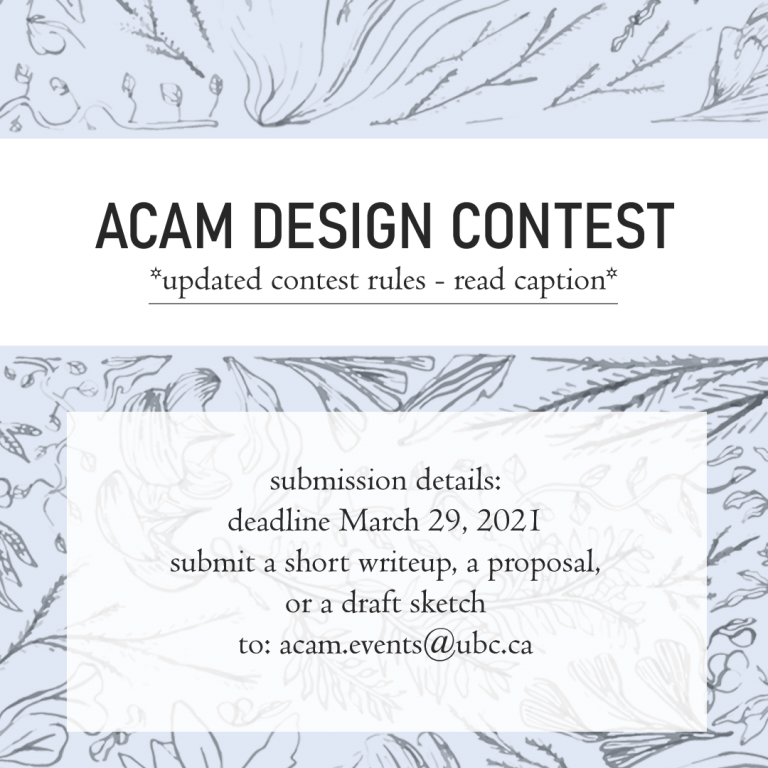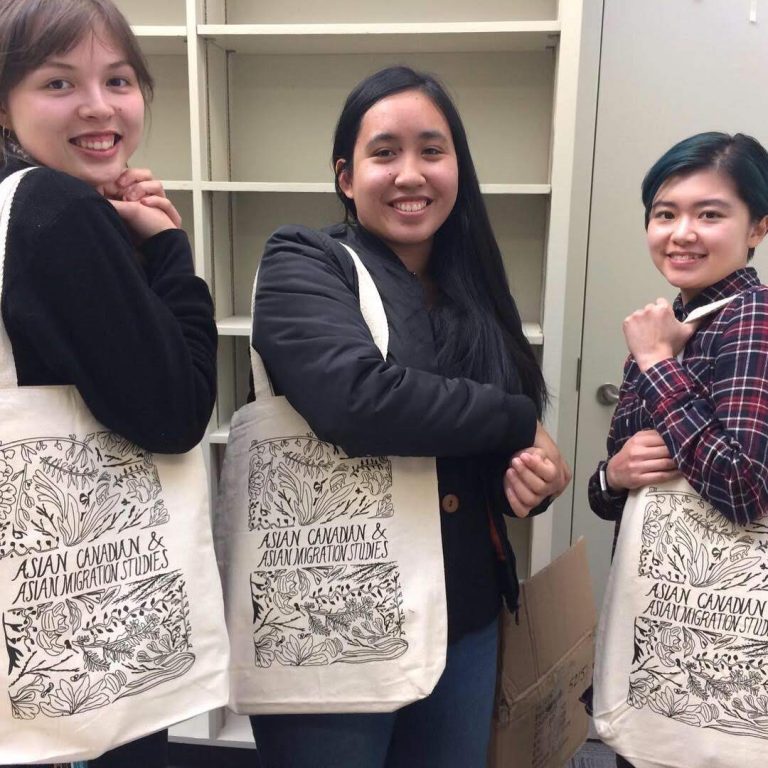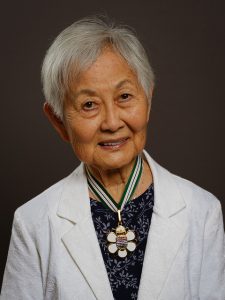Over the past year, we’ve seen an exponential increase in violence directed against Asian communities in BC and across North America throughout the pandemic. As we grieve, stand, and work alongside family, friends, and colleagues in the Asian Canadian community, we strive to facilitate genuine and engaging conversations, respond to community issues and concerns, and turn the tide of hate by cultivating future leaders. During this time, ACAM students, alumni, faculty, and community members have been working tirelessly to support diverse Asian Canadian communities in areas such as information distribution, advocacy, event organizing and outreach, public history and museum and programming, and policy research. Our team has compiled a growing collection of resources that showcase some of their work. We have also included a few additional resources that may provide invaluable support for this difficult time.
A Year into the Pandemic: Anti-Asian Racism, Media Culture, and Racial Justice
A panel discussion featuring Tamlyn Tomita (The Karate Kid Part II, Joy Luck Club, The Good Doctor), Joel de la Fuente (The Man in the High Castle, Hemlock Grove), and Barbara Lee (VAFF, Elimin8hate); this conversation was moderated by ACAM alumni Leilan Wong (UBC MA student, English) and Phebe Ferrer (Asia Pacific Foundation).
Anti-Racism + Solidarities Resource Collection
A collection of accessible information and resources on anti-racist and solidarity-building work; project team includes two ACAM alumni: Kimberley Wong (project manager) and Jackie Sarvini (project researcher).
Asian Mental Health Collective resource guide
A non-exhaustive list of mental health resources for the South Asian community
A grassroots group working to provide equitable and accessible resources to assist and empower Vietnamese communities to navigate critical information and government support around COVID-19; collective was founded by three ACAM alumni: Y Vy Truong, Mimi Nguyen, and Kathy Thai.
A collaborative project between community organizers, translators, and artists that focuses on equipping communities that are marginalized through race, language, and income with the tools to navigate the current abundance of COVID-19 information.
Challenging Racist “British Columbia”: 150 Years and Counting
Co-hosted by the Canadian Centre for Policy Alternatives – BC Office and the Pacific Canada Heritage Centre – Museum of Migration Society, this event marked the launch of Challenging Racist “British Columbia”: 150 Years and Counting; chapter contributors include UBC PhD students Denise Fong and Sharanjit Kaur Sandhra.
COVID-19 Vulnerabilities: Asian Racialization, Coalition, and Creativity
Conceptualized and led by Dr. Danielle Wong (UBC English, ACAM), this roundtable that brings together artists and scholars including Dr. Ethel Tungohan (York University), Dr. John Paul Catungal (UBC), Stephanie Comilang (Toronto- and Berlin-based documentary artist), Kevin Huang (hua foundation), Dr. Anjuli Fatima Raza Kolb (University of Toronto), Tina Pang (M+ Museum), Y Vy Truong (Bảo Vệ Collective). This playlist that Includes interviews with roundtable panelists and recordings of roundtable discussion as well as Q&A session.
Histories of Race and Contagion: Revisiting D’Arcy Island through COVID-19
A webinar offered by Dr. Renisa Mawani (UBC Sociology, ACAM)
“Pacific Borderlands: Sanctuary, Health and Precarious Migrants in British Columbia”
A roundtable featuring Byron Cruz (Sanctuary Health Collective and Migrant Rights Network), Kelly Go (SWAN), Erie Maestro (Migrante BC), Lara Maestro (Gabriela BC), Anamaria Richardson (Pediatrician and volunteer for precarious migrants).
Race Thinking In/As Health: Canada’s Historical Geographies For and Beyond COVID-19
A webinar offered by Dr. John Paul Catungal (UBC Social Justice Institute, ACAM)
Yellow Peril, Racial Fear, and Pandemics in Canada
Chinese Canadian Historical Society of BC’s annual Paul and Eileen Lin Commemorative Lecture featuring keynote speaker Dr. Renisa Mawani (UBC Sociology, ACAM) and respondents Dr. Laura Ishiguro (UBC History, ACAM) and Naomi Louie (UBC MA student, History).
 Faculty of Art
Faculty of Art



